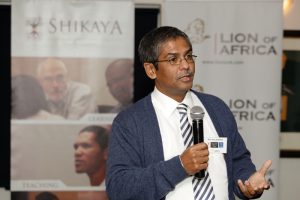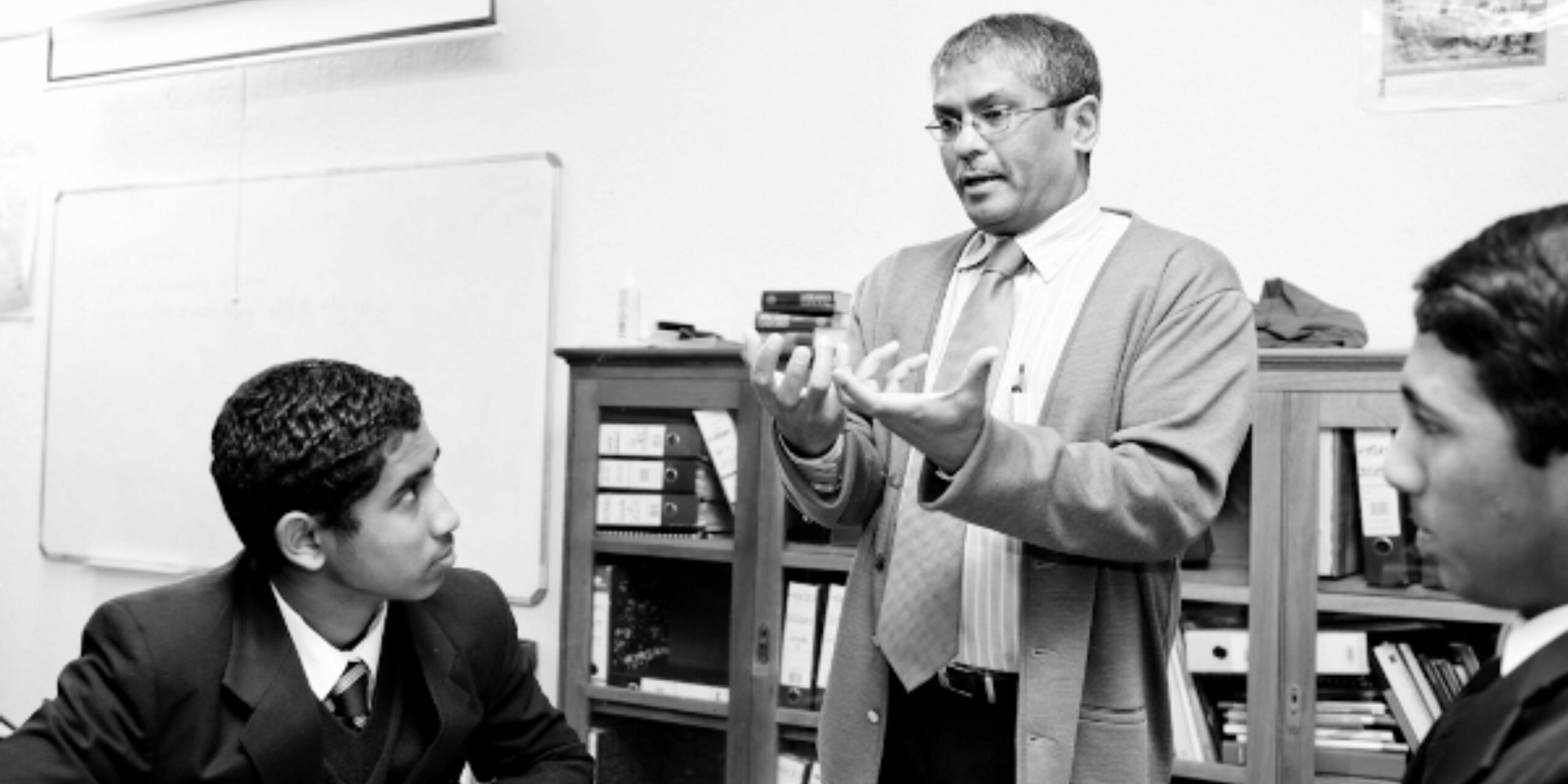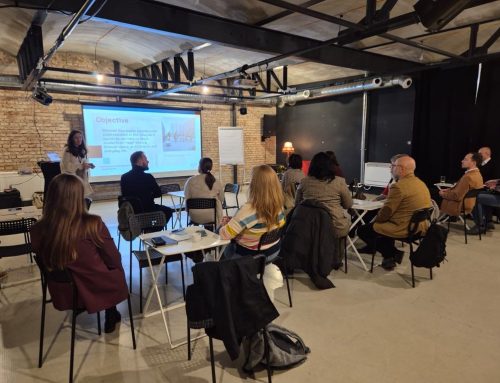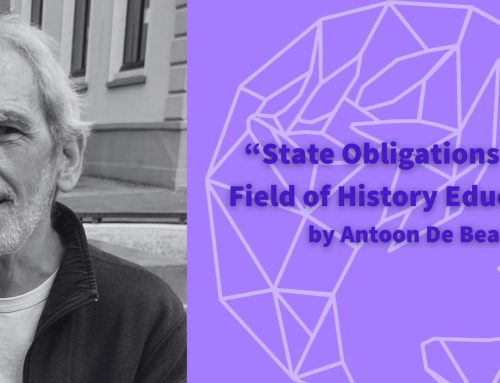The following article takes a look into the life and work of the South African educator, Roy Hellenberg. First of all Roy's career and his personal connection to Apartheid are explored. The relevance of the past in education is next reflected upon, from the standpoint of Roy's position as a history teacher. Lastly, informed by decades of experience, we take the time to acknowledge Roy's takeaway solutions to teaching in post-conflict societies.
"How can I expect students to make themselves vulnerable and expose their ideas to criticism if I am not willing to do the same myself? How can I encourage my students to become active citizens and challenge the people and practices that undermine democracy, and then fail to take any action myself in the face of injustice?"
Roy Hellenberg and Apartheid
These are the words of the late South African educator, Roy Hellenberg, who sadly passed away towards the end of the summer. The questions posed above are not rhetorical nor merely reflections on society, but were huge motivations for Roys's career. His values and work, however, cannot be viewed in a vacuum. To understand his approach to pedagogy, which focused on post-conflict environments as well as the role of the school in establishing democratic beginnings in society, it is important to understand that Roy grew up under apartheid, was educated under apartheid, and became a teacher during this time.
As a result, his understanding of apartheid is not just because of his professional choices but his life experience–and he knew that he was not alone in that reality, that all South Africans were shaped by apartheid and carried apartheid's legacies. He also understood that he was shaped by his family, by dinner table conversations, by an emphasis on respect, on listening, on being informed and negotiating with others who might not be like you. He knew that his education was incomplete because he saw and heard the contradictions—this piece–the conversations, the respect, the engaging people outside the classroom and school–this is also critical.
Aside from being a teacher, he was heavily involved with developments in teaching methodologies. Since 2006, he has worked with the organisations Shikaya and Facing History and Ourselves to develop resources, design and run teacher training programs. In line with his teaching philosophy, these programs encourage the development of critical thinking in the classroom and stimulate democratic debate with the purpose of allowing young people to develop as compassionate, engaged, and active citizens. Additionally, Roy co-founded FutureProof Schools with Dylan Wray – an initiative that strives to ensure that education is offered to successive generations and will provide students with the critical skills needed in today's society. One of the outcomes of this was a program entitled A School Where I Belong, that addressed exclusion and discrimination across South African schools. Together with Prof. Jonathan Jansen, they published a book with the same name.
In many ways, Roy will be remembered as a trailblazer, one of the educators who supported the schooling system through this process of significant societal transformation.
Relevance of the past
"The past defines us, … So whether we study it or not, the reality is it affects us as a nation and it affects us as individuals as well. The advantage of studying it is it gives us an idea of what streams have impacted us and to what degree, and also, how it has unfolded in our community, in our society and the institutions that we are a part of. Until we understand where we come from, we don't really appreciate where we are. And we can't really define the pathway forward."
Roy was a firm advocate for history education. He believed that too often the focus is placed on the here and the now, that the past can become easily neglected. He understood that people inherit the legacies of the past and carry that "residue." For that reason, it is important to compel young students and their adult teachers to gain a deeper knowledge and understanding of history. Particularly in countries of social unrest, or those experiencing societal transformations, a lot of attention is given to change, developments, and other progress but little thought is given to the very recent tumultuous history. However, how then can we aim to move forward after such times?
Solutions to teaching in post-conflict societies: Make it personal, recognise the challenges, the legacy
"One of the challenges is overcoming the baggage that we carry, … Facing the Past, and participating in it as a teacher in that program, helped me to open the suitcase that I was carrying around, to take the articles out. I wish I could say that the suitcase is empty–that I've moved on from there–but it's not true. But at least I understand what's inside there and what's affecting me."
Roy's approach to dealing with the legacy of societal inequalities and struggles is simple: the past cannot be ignored, nor swept under a carpet. On the contrary, persisting challenges and the legacies of past history need to be recognised, and only then can we begin to address them. In this way, Roy encourages teaching to be personal, not only for the students but also for the teacher who themselves need to grapple with the legacies they have inherited. The mutual willingness to face the past is what ultimately fosters a relationship of trust and a comfortable environment, where ideas can be freely discussed.. This philosophy sees the school as a 'playground' for the future, where it shapes citizens that are respectful of one another's opinions and thereby encourages students to become active participants in society.
"Teaching democratic values is not contained in a series of lessons; it is a lifestyle, an ethos that one creates."
South African educator Roy Hellenberg passed away on 23 July 2021.

Interested in the intersection of democracy and education? Please take a look at our webinar series: A Resilient Promise: Teaching the Fragility of Democracy
ADDITIONAL RESOURCES AND USEFUL LINKS













